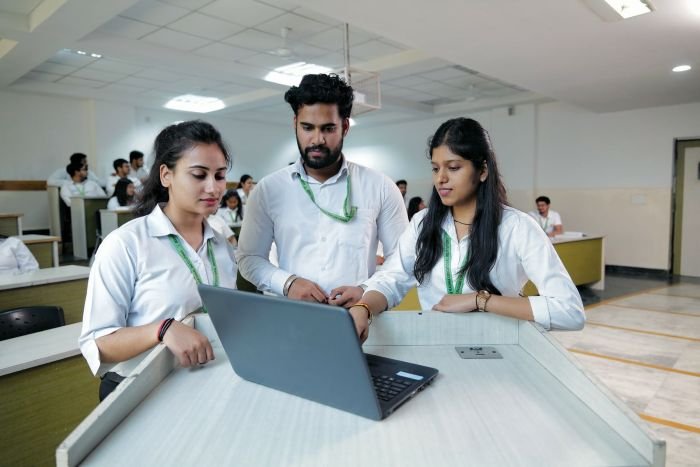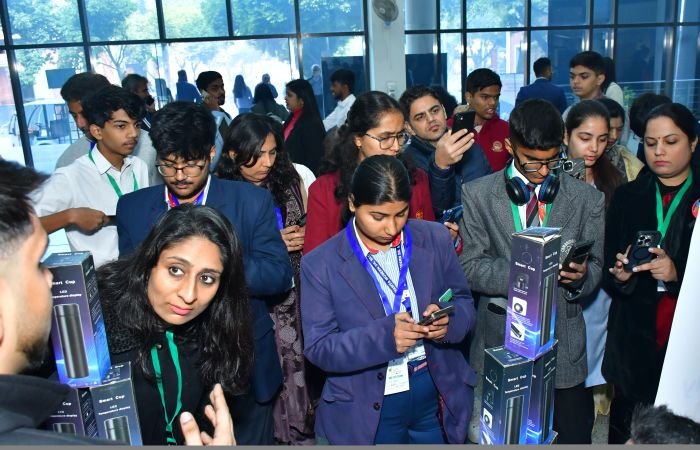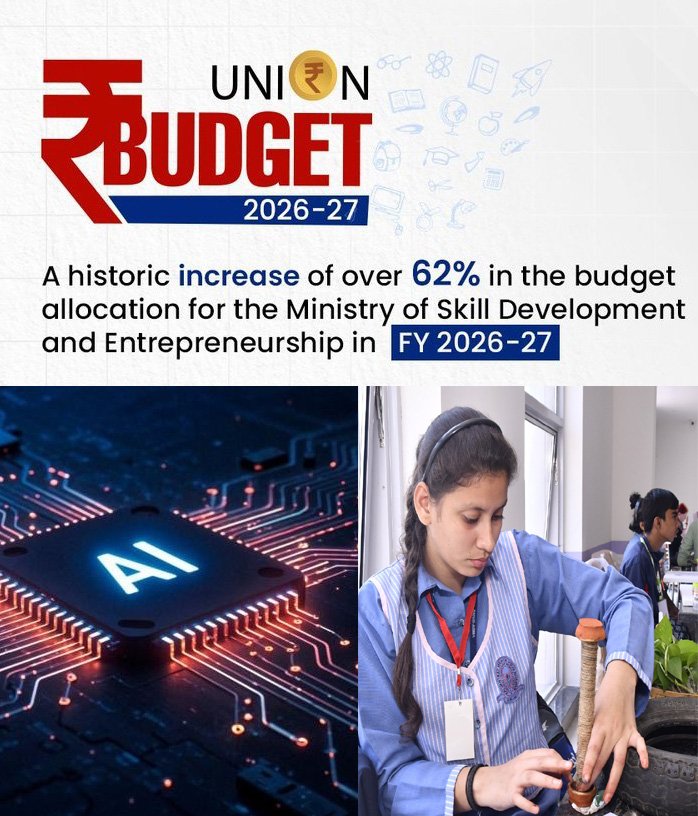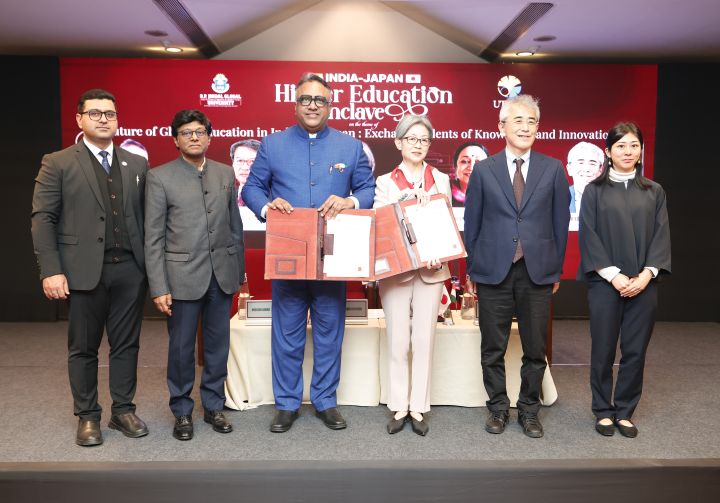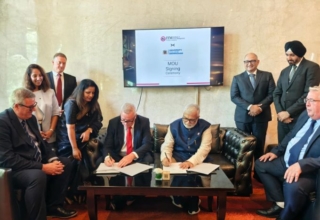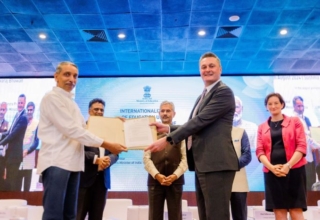The Ministry of Skill Development and Entrepreneurship (MSDE) has signed two major agreements, referred to as Joint Declaration of Intent (JDoI), with Federal Ministry for Economic Cooperation and Development (BMZ), Germany. One DoI is with the Federal Ministry of Education and Research (BMBF) for Cooperation in the field of skill development and vocational education and training and the second is for dual VET initiative with Siemens Limited, India.
Nobert Barthale, Parliamentary State Secretary (PSts), BIZ and Anja Karliczek, Federal Minister of Education and Research representing Germany were present at the signing of these MoUs. The association will provide a systematic structure for conducting mutual consultations, advisory work and policy exchanges at ministerial and expert levels and provide technical assistance. This collaboration will help further develop the successful cooperation in the various fields covered by the Indo-German Joint Working Group on Vocational Education and Training established under the said MoU.
It will support India’s endeavour to establish an innovative system to comprise the cooperation of the public and the private sector, independent structures for quality assurance, examination and certification as well as formulation of national standards and a comprehensive policy. The quality of vocational training will be raised by means of these measures and by building adequate capacities within companies, training institutes and establishing models for local governance structures, enabling cooperative skill development and vocational training.
Dr. Mahendra Nath Pandey, MSDE minister said, “Germany has been one of countries which is on top of the manufacturing and innovation pyramid and continues to develop most high-end products. It has some of the best working models in sustainable workforce development which is the reason for the country’s economic progress. This partnership with Germany will help strengthen our skill development initiatives.”
Under the second MoU signing, joint efforts in particular shall address the IGVET cluster approach that has proven successful and the Dual VET initiative of Siemens in partnership with other corporates at Government ITIs. Further, the efforts shall address the qualification of vocational training personnel and the introduction of elements of Dual Training inspired by the German model with the involvement of the private sector, especially micro, small and medium-sized enterprises (MSME).
Based on discussions in the Indo-German Joint Working Group on Vocational Education and Training and on bilateral consultations, the following fields of cooperation have been identified:
· Dual apprenticeships and workplace-based skill development at cluster level and policy level,
· Establishment of cluster-oriented structures for vocational education and training
· Support for cooperation between German companies operating in India and the Indian Government as well as between German companies and Indian companies in the field of SD & VET,
· Development of competence-based curricula and their dissemination within the training system,
· Training of master trainers to build up capacities in training institutes and within micro, small and medium-sized enterprises,
· Technical support for the development of a national institute for skill development,
· Investigation and implementation of training measures in SD & VET,
· Cooperation and consulting on the further development of training, assessment and certification standards
· Cooperation on skill development in new, innovative and sustainable technologies such as renewable energy, e-mobility and energy-efficiency.
To help achieve these goals, the Deutsche Gesellschaft für Internationale Zusammenarbeit (GIZ) GmbH intends to implement its ‘develoPPP’ programme on behalf of the BMZ. As part of this programme, GIZ and Siemens will sign a cooperation agreement for the implementation of a joint project called ‘Skills for Sustainable Growth’ with support from MSDE.
The partners to the cooperation agreement, with support from MSDE and the participating State Directorates responsible for the ITIs, will ensure the effective implementation of the project in order to meet its objectives and serve as a model for the remaining ITIs in the country. Siemens and GIZ plan to focus on the pedagogical development at ITIs while engaging the local private sector, especially MSME, for industry training.
The project will leverage the outreach made in the cluster approach towards MSMEs. MSDE through DGT, BMZ through GIZ and Siemens shall establish a Joint working group with all stakeholders to develop an interactive mechanism between industry and ITIs with coordination in different geographical areas in the field of implementation of Dual VET initiatives through applicable models envisaged to be implemented over four years.


